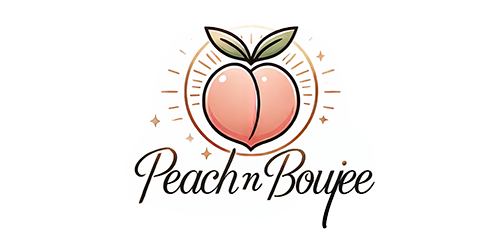Karmic soulmates—or karmic ties in general—come into your life with a lesson. They feel magnetic, burn with desire, and often have an addictive quality. Some see it as divine guidance, while others attribute it to free will. Either way, you’re choosing this connection for one reason: there’s something you need to learn.
These connections begin with a quiet knowing. You recognize their energy even if their face feels unfamiliar. Strangely, their appearance can fade from memory if you’re apart for long. It’s as if you’ve known this energy through so many forms that your brain struggles to anchor it in this lifetime.
The connection ignites quickly, shining bright and often burning out just as fast. You throw yourself into it, driven by an unshakable feeling that this person has a pivotal role in your life—and they do. You step out of your comfort zone, act impulsively, and become addicted to the way they make you feel. But the cycle of push and pull begins. There’s always something keeping you apart: immaturity, emotional unavailability, distance, unrequited feelings, or complicated circumstances like marriage or work. These obstacles press on old wounds, exposing what needs to heal.
Depending on the karmic dynamic—paying a debt, healing, or even karmic enmity—you’ll experience varying levels of intensity. These connections often feel inescapable. You want to move on, but just when you think you’ve succeeded, you’re pulled back. The cycle repeats until the lesson is learned. Karma, as I’ve said before, is a teacher who won’t dismiss class until every lesson is thoroughly understood. Patterns and similar people will show up until you grow and break free.
And when you finally learn the lesson, it’s like a spell is broken. The debt is paid, and the scores are settled. Clarity replaces confusion, and you naturally move on. The magnetic pull disappears because you’ve integrated the lesson. Most importantly, you stop hurting.
Psychologically, this addictive dynamic often ties back to childhood wounds. Our perceptions of love and attraction are shaped early—by the parent of the opposite sex, their relationship, or what we observed as “normal” in love. Even when unhealthy, these patterns feel familiar, and we hold on until the pain forces us to let go.
For me, it clicked when someone told me my last karmic partner’s eyes carried the same sadness as my father’s. I realized I wasn’t holding on to him—I was clinging to the familiarity of that pain.
Twin Flames: A Reflection of Love’s Potential
If karmic soulmates teach us what love is not, twin flames show us what love can be. Both begin with a spark and a sense of divine recognition, which is why they’re often confused. Twin flame meetings, however, are rare. While everyone has one, meeting them in this lifetime isn’t guaranteed—and even then, a happy ending isn’t assured.
Twin flames go beyond settling karmic debts. They reflect your soul back to you, teaching unconditional love. But this love can only flourish if you first love yourself. Twin flames push you to confront your wounds, but they also inspire transformation. Their presence can purge what no longer serves you, shedding light on your highest potential. Love isn’t just consumed; it renews.
This potential can be terrifying. Some run from it, creating the runner-chaser dynamic: one person embraces the change, while the other resists. Whether this leads to reunion or separation depends on individual growth. I’ve seen twin flames reunite and thrive, and others part ways, moving on to peaceful relationships with different people.
The Romanticization of Pain
Lately, I’ve noticed a trend of romanticizing these connections. People cling to what no longer serves them, whether karmic or twin flame, mistaking intensity for destiny. With endless dating options, we chase “the one,” craving a rush to reassure us that holding on is worth it.
As a spiritual practitioner, I wish more people understood that these connections often serve a purpose higher than romantic reunion. Sometimes, that purpose is fulfilled by letting go. Trust that if someone is meant to be in your life, they will not pass you by. Whether they return to teach or to stay, leave that to fate.
A Final Question
If my words resonate, you’re likely experiencing one of these connections. But before you analyze every sign or categorize your partner, ask yourself:
What is this relationship teaching me about myself that I wouldn’t have learned alone?
And if the lesson is letting go, can you trust that love—in all its forms—will find you again when the time is right?
I’ll leave you to reflect on that.
Journal Reflection
When am I going to get over you?
It feels like I’m walking backward. Every fiber of my being wants to move on, yet you cling to my mind like a stain. I see your name everywhere. My thoughts always return to you. I bury these feelings, digging with desperate hands, only for everything I’ve buried to come flooding back when I least expect it.
The memory of you burns out, fades to numbness. Did you know it took me several seconds to recognize your face the other day? Like a phantom gaining shape, the spark reignited. And just like that, everything I thought I buried knocked me off my feet again.
You haunt my dreams, appearing as a puppet in my arms. I reach for you, but you never reach back. When I glance up, something in you breaks, and you say all the words I’ve longed to hear.
Then I wake up.
The boy I loved is gone. I realize now I’m not mourning you—I’m mourning the memory of him.
